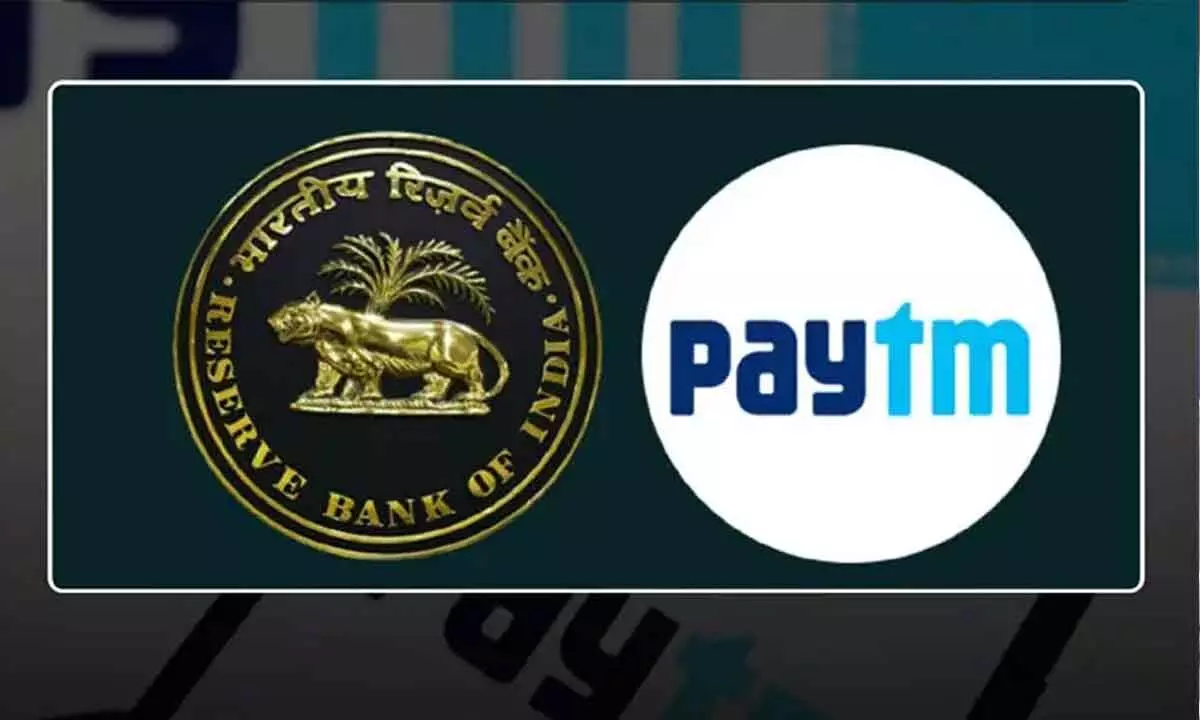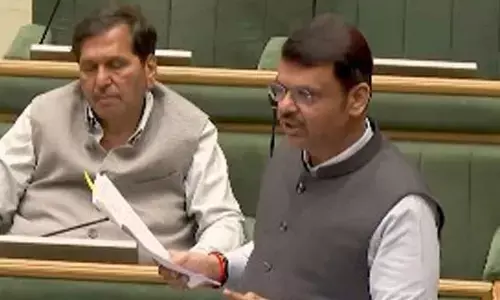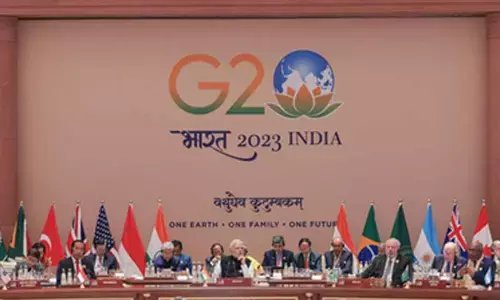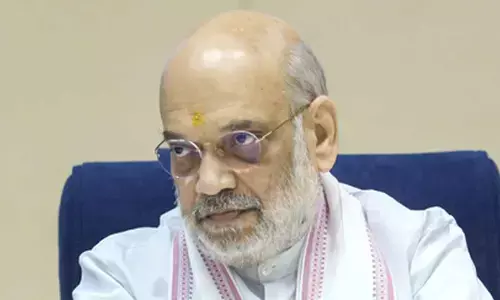RBI Imposes Restrictions on Paytm Payments Bank: What it Means for Users

Paytm Payments Bank faces RBI restrictions from February 29, affecting new users, transactions, and services. Here's a comprehensive overview.
Early on February 1, Paytm Payments Bank Limited responded to the statement, saying, "PPBL is taking immediate steps to comply with RBI directions, including working with the RBI to address their concerns as quickly as possible."
The company has also announced that in the future, One97 Communications Limited (OCL) will only work with other banks and stop working with Paytm Payments Bank. "OCL, as a payments company, works with various banks (not just Paytm Payments Bank), on various payments products. OCL started to work with other banks since starting of the embargo. We now will accelerate the plans and completely move to other bank partners. Going forward, OCL will be working only with other banks, and not with Paytm Payments Bank Limited. The next phase of OCL's journey is to continue to expand its payments and financial services business, only in partnerships with other banks," the company told in its press release.
In response to alleged persistent non-compliance, the Reserve Bank of India (RBI) recently imposed a set of restrictions on Paytm Payments Bank, effective February 29. The limitations encompass new customer onboarding and transactional activities for existing users, significantly impacting the platform's operations. Here's an overview of the key points:
1. User Onboarding and Existing User Services:
After February 29, Paytm Payments Bank will cease onboarding new users. Existing users will be unable to utilize Paytm wallets, Paytm Fastags, or Mobility Cards for various transactions, including payments for shopping, parking, ATM withdrawals, metro and bus rides, fuel, and more.
Despite these restrictions, Paytm has assured that existing users will continue to access payment solutions, and offline services such as Paytm QR, Paytm Soundbox, and Paytm Card Machine will remain unaffected post-February 29.
2. Deposit Restrictions:
Paytm will be prohibited from accepting new deposits after February 29. Users will only be able to add funds to their Paytm Payments Bank until the end of February. However, Paytm's services like insurance distribution and loans are expected to remain unaffected.
3. Transaction Limitations:
The RBI's directive prohibits both debit and credit transactions, including those through wallets, after February 29. Customers, however, are allowed to withdraw their existing balances without any restrictions.
According to Paytm, "No further deposits or credit transactions or top-ups shall be allowed in any customer accounts, prepaid instruments, wallets, FASTags, NCMC cards, etc., after February 29, 2024, other than any interest, cashback, or refunds which may be credited anytime."
4. Cessation of Additional Services:
The RBI has mandated that after February 29, Paytm Payments Bank should not offer any additional services such as fund transfers, bill payments, or UPI facilities. This implies that users will lose the ability to make money transfers, bill payments, or UPI transactions through Paytm services.
5. Impact on Banking Operations, Nodal Accounts, and Parent Company:
The restrictions imposed by the RBI specifically target Paytm's banking operations, excluding transactions made via external banks. Users may still use Paytm for digital payments as long as their account remains connected to an external bank. However, Paytm Wallet, powered by Paytm Payments Bank, may be inaccessible.
The RBI also mandates the termination of all nodal accounts belonging to One97 Communications Ltd and Paytm Payments Services Ltd at the earliest. Nodal accounts are crucial for intermediaries like aggregators, e-commerce platforms, and payment gateways to ensure timely payments to vendors.
The RBI's decision to restrict Paytm Payments Bank was disclosed in an audit report, citing "persistent non-compliances and continued material supervisory concerns in the bank, warranting further supervisory action." Established in 2017 as a digital banking service extension of Paytm, Paytm Payments Bank offers banking facilities and savings account options, authorized by the RBI to operate as a payments bank.














